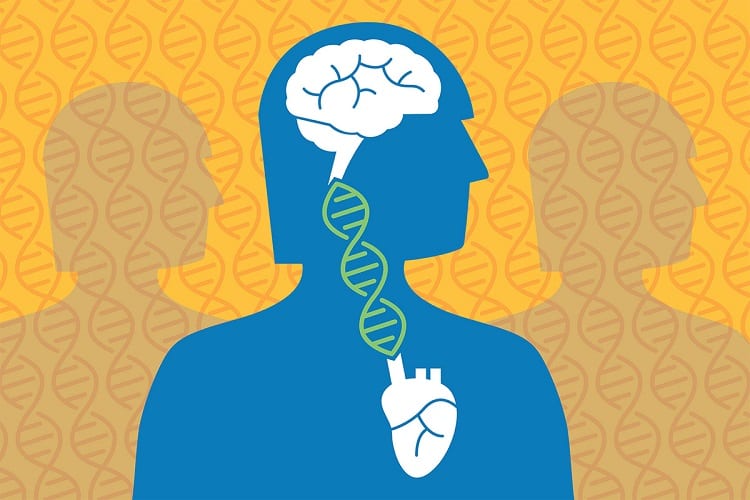Managing cholesterol, triglycerides may reduce Alzheimer’s risk, study suggests
From the WashU Newsroom…
Studying DNA from more than 1.5 million people, an international team of researchers — led by Washington University School of Medicine in St. Louis and the University of California, San Francisco — has identified points of DNA that increase the risk of cardiovascular disease and also heighten the risk for Alzheimer’s disease.
Scientists have long been aware of connections between variations of the APOE gene, which is involved in cholesterol and lipid metabolism, and Alzheimer’s disease. That gene is known to double the risk for Alzheimer’s disease in some patients and increase risk by up to 12 times in others. But in the new study, the researchers identified other DNA points that also appear to be involved both in cardiovascular disease risk and the risk for Alzheimer’s.
The findings are published Nov. 12 in the journal Acta Neuropathologica.
“These findings represent an opportunity to consider repurposing drugs that target pathways involved in lipid metabolism,” said Celeste M. Karch, assistant professor of psychiatry at Washington University School of Medicine. “Armed with these findings, we can begin to think about whether some of those drugs might be useful in preventing or delaying Alzheimer’s disease “Our study emphasizes that there’s much to learn about how genes driving Alzheimer’s disease risk also increase the risk for other health problems, particularly cardiovascular disease, and vice versa. So we really need to think about these risks more holistically.”
